Covid: Does Tanzania have a hidden epidemic?
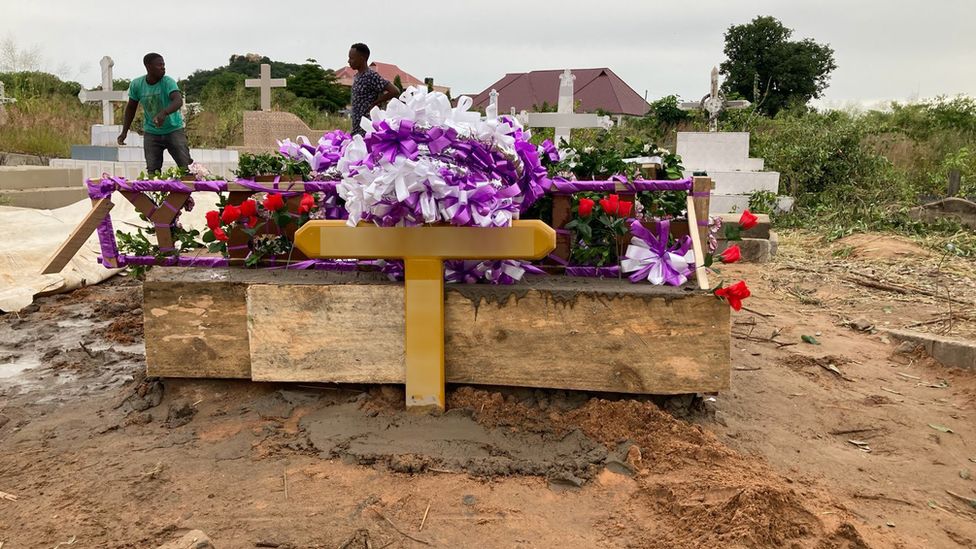
Despite growing evidence to the contrary, Tanzania's government continues to downplay the impact of coronavirus on the country.
There is also speculation that President Magufuli is himself suffering from Covid and receiving hospital treatment, although that has not been confirmed.
No official records
There are no publicly available records for recent deaths in Tanzania, and no information has been released on the impact of coronavirus since May last year, when 500 cases and 20 deaths were reported up to that point.
The authorities have insisted there is little to worry about, and have taken tough action against those they accuse of spreading "false information".
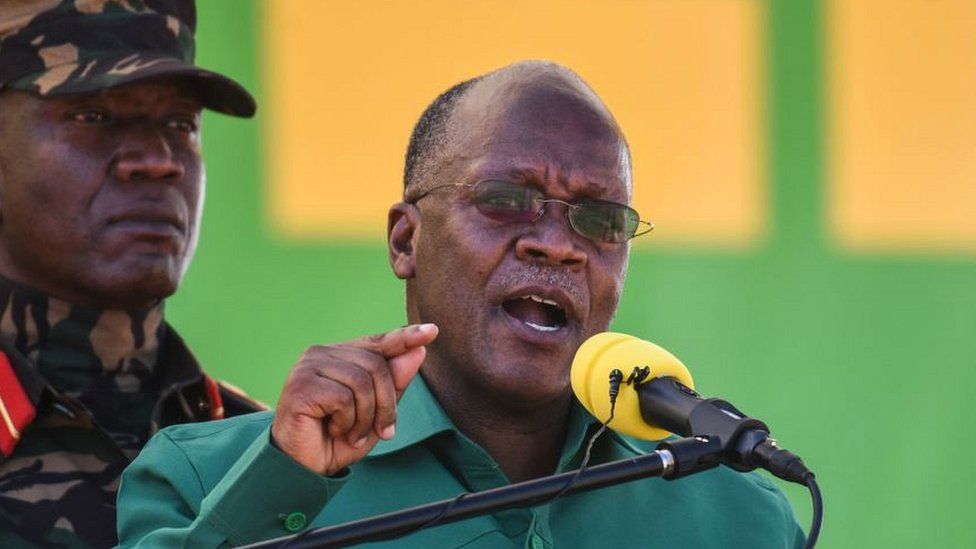 image copyrightAFP
image copyrightAFPWhen we contacted Deputy Health Minister Godwin Mollel, he sent us interviews he had previously given, in which he said that releasing data publicly could be "counterproductive" as it could spread fear.
He said that when officials analysed data from 2020, "everyone was branded as having Covid-19 because of the panic there was".
The minister added that the data should be kept by the government for scientists to analyse.
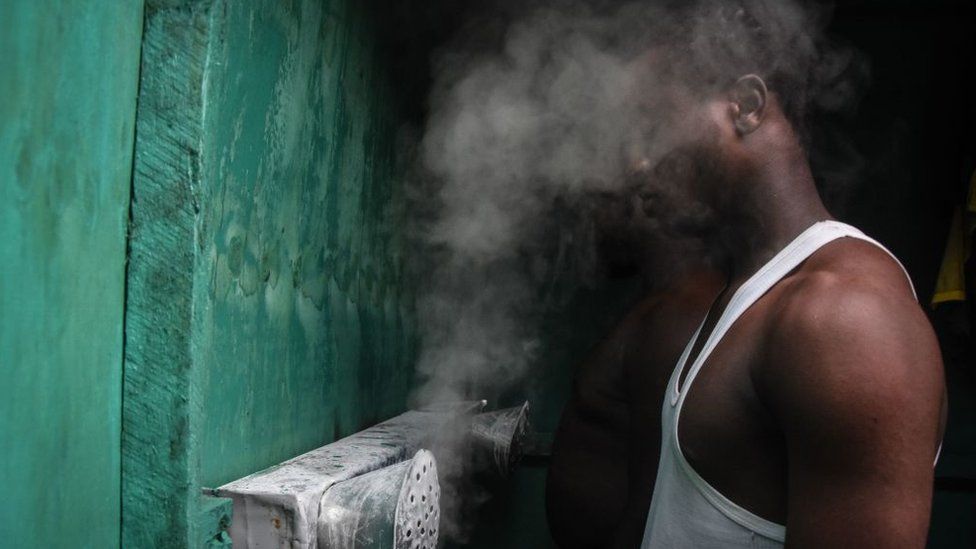 image copyrightGetty Images
image copyrightGetty ImagesWhat are doctors saying?
Hospital doctors have been forbidden from referring to the disease in public.
However, in a busy hospital in Dar es Salaam, Tanzania's largest city, a doctor told the BBC there had been a marked increase in admissions of patients exhibiting respiratory symptoms consistent with Covid-19 over the past two months.
"There has also been an increase in patients requiring oxygen," he told us.
"The situation has been the same everywhere, in both public and private hospitals. Some patients are even buying oxygen for use at home.
"You can't put down Covid-19 because it is not recognised," he says, "so it puts you in an awkward position as a doctor, and we're getting no guidance on how to treat patients."
In mid-February, the Medical Association of Tanzania did issue a carefully-worded statement about "an increase in patients with breathing difficulties".
But its head, Dr Shadrack Mwaibambe, pointed out that breathing difficulties could be symptoms of other conditions, such as asthma, heart disease or pneumonia, not just Covid-19.
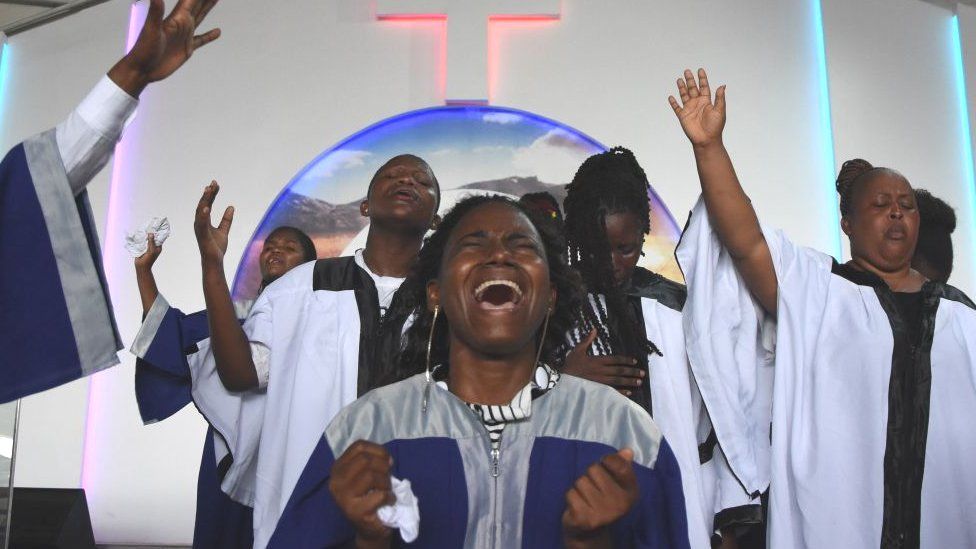 image copyrightGetty Images
image copyrightGetty ImagesSome church leaders have spoken out
Charles Kitima, of the Tanzania Episcopal Conference, has said more than 25 priests have died in the country in the last two months, showing symptoms related to Covid-19.
Sixty nuns have also died with similar symptoms.
"This has never happened before, normally in two months we would lose maybe three or four due to old age, and other illnesses…it gets to a point where we have to admit that we have a problem. Coronavirus is there."
Does satellite imagery reveal the impact?
We looked at satellite images over time for a number of burial sites in Dar es Salaam to see if this revealed a larger number of burials than might normally be expected.
We looked at various sites in the city, including the one shown below at Kinondoni.
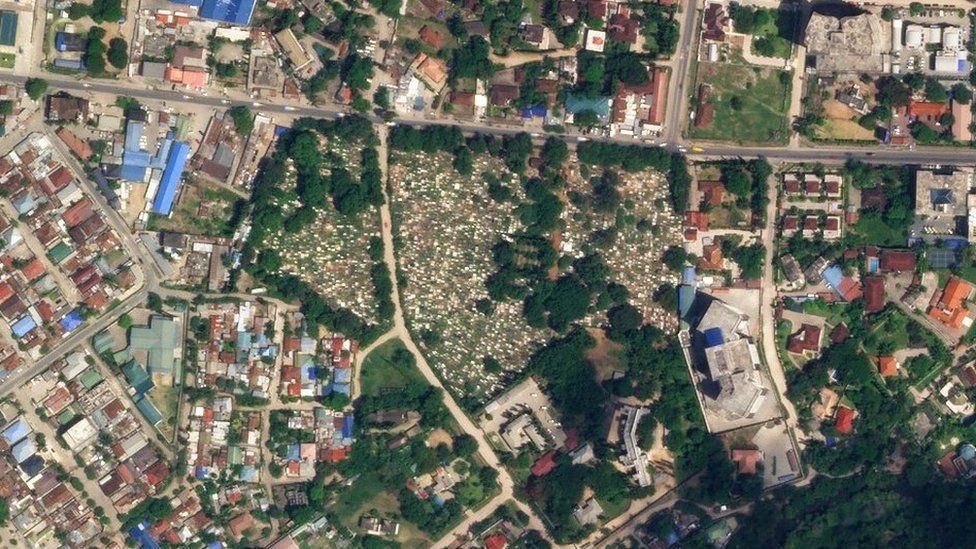 image copyrightPlanet Labs
image copyrightPlanet LabsFrom an aerial view, we've been unable to see clear evidence of expansion. But it's not uncommon for graves to be put on top of each other - something that's not possible to map from the air.
And there's a tradition in many families of burying loved ones on land in their villages, rather than in communal burial sites in the cities.
What about funerals?
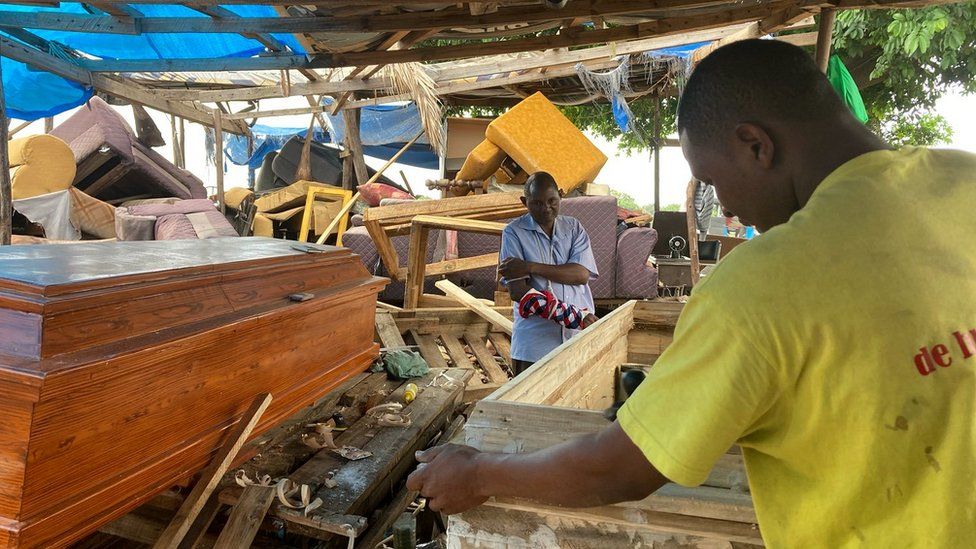
We spoke to some of those involved in the funeral business.
"It's been really painful seeing people in big numbers buying coffins," one funeral business owner in the capital, Dodoma, told the BBC.
"I've been working round the clock," one coffin maker told us. Another said he'd run out of materials, and was ordering stock from other parts of the country.
A minibus driver at one of Dodoma's main transport hubs said most of his business in January and February had involved taking people to funerals.
Survey suggests a surge in cases
An online survey of the public by Change Tanzania, a rights group, points to a rise in cases and deaths from late December, worsening in January and February.
The survey organisers told the BBC that many people said they knew someone who had Covid, based on what doctors who had assessed the symptoms had told them.
One ruling party MP, Zacharia Isaay, has spoken out about an increase in deaths and burials in his Mbulu Town constituency in northern Tanzania - without referring directly to Covid.
He has also talked about shortages of oxygen cylinders and ventilators in the main hospital in Dodoma, the Benjamin Mkapa,
We have asked oxygen suppliers to confirm whether their supplies are running low, but none have responded to our enquiries.
People are still looking up symptoms
Research by the World Bank on countries around the world has shown strong correlations between searches on Google for symptoms of Covid such as "loss of smell" or "loss of taste", with published data for increases in coronavirus infections and deaths.
We looked at this data for Tanzania and found clear spikes for searches for these symptoms in January and February this year.
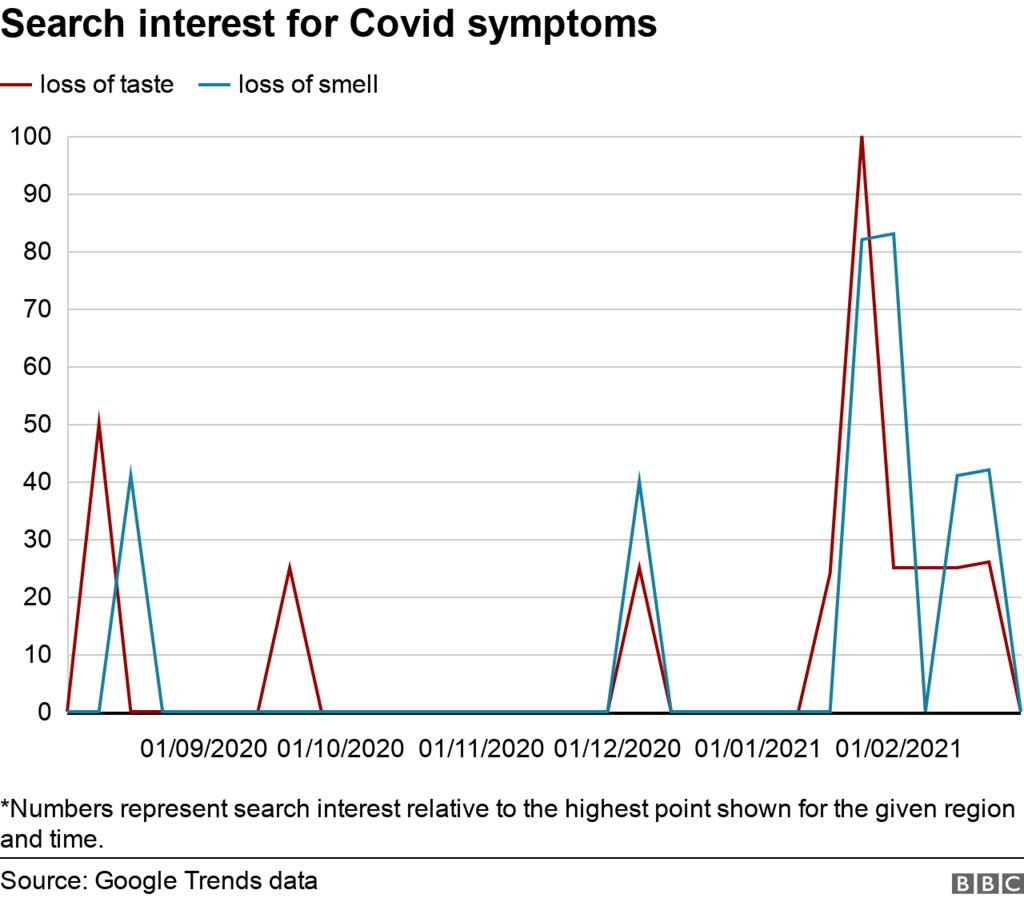
There is, of course, no official data for coronavirus cases to match this against.
But given the strong correlation in other countries, it does suggest that at the beginning of this year, people in Tanzania were looking in increasing numbers for information on the some of the main symptoms of Covid-19.
This technique does have shortcomings, one of which is that it is for English-language searches only, not in Swahili, also widely spoken in Tanzania.
The World Health Organization is deeply concerned about the situation, and has urged Tanzania to start reporting coronavirus cases and share its data.
To date, Tanzania has not signed up for the international Covax vaccination sharing scheme, which has begun delivering to other countries in Africa.
Additional reporting by the BBC Swahili Service





No comments